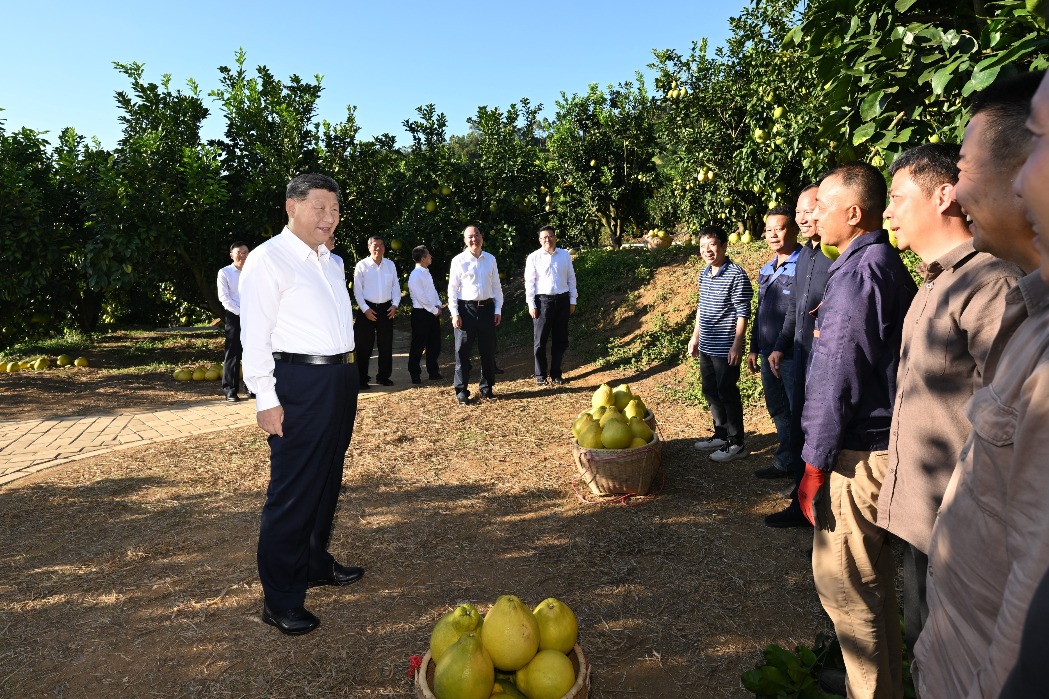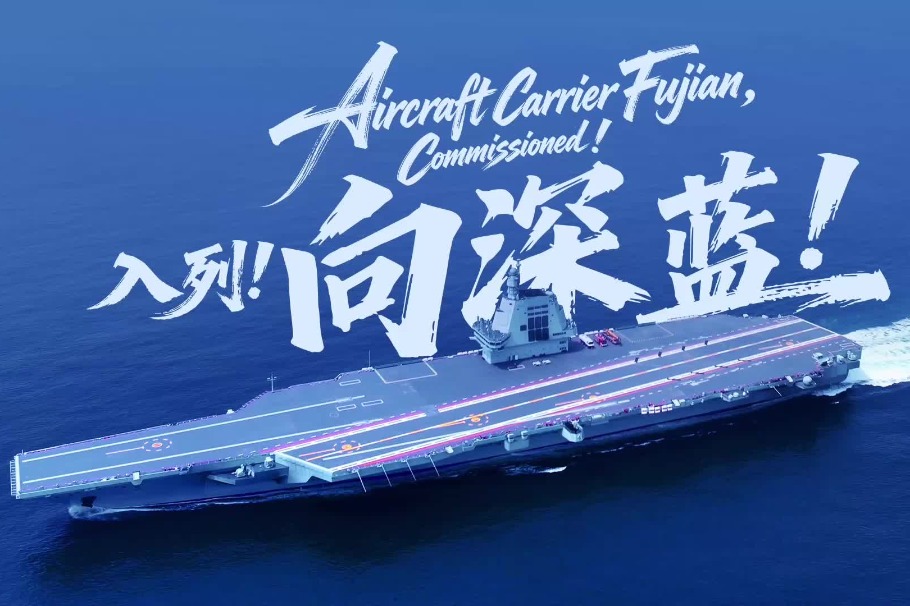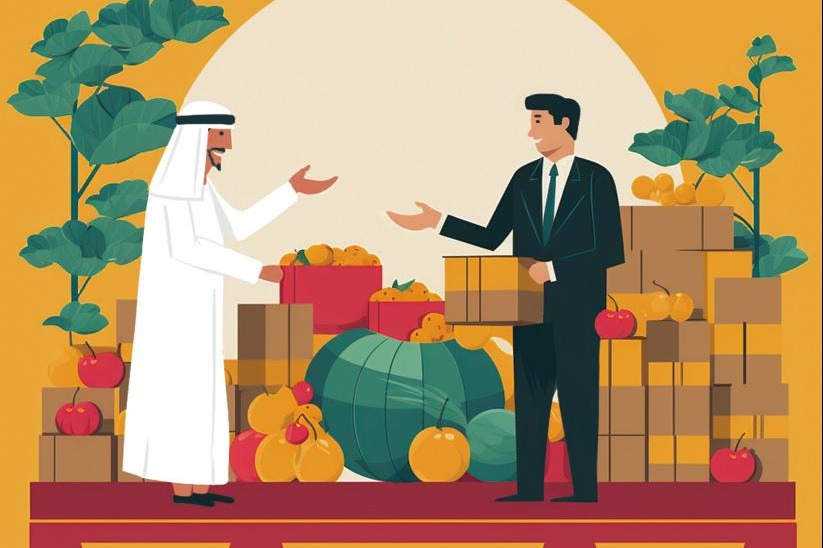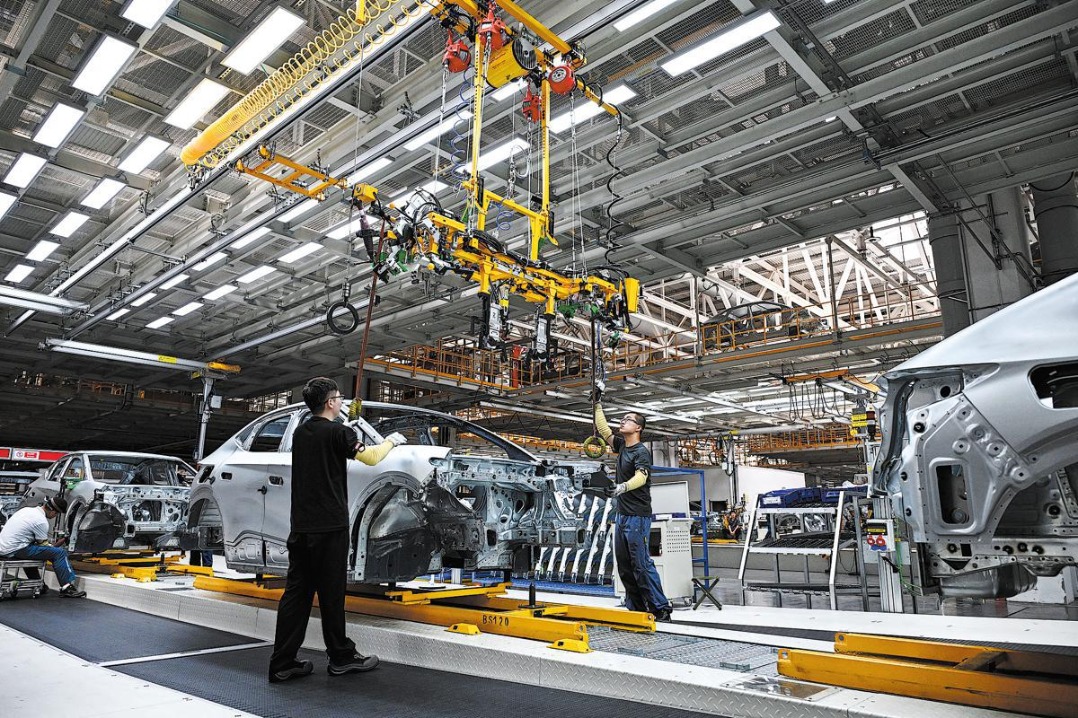Time for SCO to embrace Eurasia


The 18th Summit of the Shanghai Cooperation Organization (SCO) is scheduled for June 9 and 10 in the seaside city of Qingdao in China. This summit will be the first one after its decision to include India and Pakistan. It is the fourth time the annual summit will be held in China and the first outside of Shanghai and Beijing. We know from past meetings that every return to China sets a new tone for the organization and opens new paths. So what will happen this time and does the SCO plan to change in order to address growing global challenges?
The key word for the next five years is Eurasia. First, by enlarging its membership to India and Pakistan the SCO acquired a much-needed southern dimension and now extends far and wide over the supercontinent of Eurasia. If we think that Eurasia has four main economic and political players, then the SCO can now boast of including three of them and thus a majority: China, Russia and India. Only the European Union is left out.
Second, this is the moment to articulate the SCO and the Belt and Road Initiative and make sure they can be mutually reinforcing. One way to do it is through the concept of multistakeholderism recently defended by Ram Madhav, the national general secretary of the ruling BJP in India. As a political concept it is richer than that of multipolarity. It is not enough - it is not even stable - to have different centers of gravity in world politics, each pushing its own ideas and projects. These projects need to be opened to the contribution of others in genuine dialogue. In this context, the ongoing discussion on whether India will give its support to the Belt and Road Initiative will be one of the most important on the agenda in Qingdao. Recently India has been striking a more positive note on the initiative. Every line by Indian Prime Minister Narendra Modi on infrastructure and economic integration will be carefully scrutinized. Modi and Chinese President Xi Jinping will meet on June 9 on the sidelines of the SCO summit, their first meeting after the Wuhan summit.
There is a third reason why the meeting in Qingdao will have a Eurasia focus. Whatever the reasons for limiting the economic dimension of the SCO in the past, the time to embrace it has arrived. One of the great questions facing humanity today is the discovery of new paths to modernization, different from the Western path. China is offering a certain vision. India is just starting on that path as well. But these different alternatives need to be consolidated and they need to create the tools to learn from each other.
One of the reasons why China now emphasizes the “great revival of the Chinese nation” and the historical importance of this revival is that it hopes to integrate the various accomplishments of Western civilization with the Chinese tradition, and create a new path to modernization. We no longer talk of European or Asian models, but of Eurasian models existing at the same level of development, different paths for the civilization of mankind as it moves from tradition to modernity. While many scholars propose the “Chinese model” as being distinct from the “Western model,” Xi Jinping prefers to speak of “Chinese wisdom” and the “Chinese solution.”
The SCO summit in Qingdao will happen at a time when most multilateral fora are experiencing deep crises putting in question their very ability to continue providing for essential global governance. The SCO has an opportunity to fill the void, also because it knew how to prepare for the deep changes now taking over the world system. From multilateralism to the central place of development, from the diversity of economic models and the provision of global public goods, the SCO has helped shape the global debate with new concepts and paradigms for international relations. The next buzzword is Eurasia and here too the SCO is expected to lead.
The author is the former Europe minister in Portugal and senior fellow of Chongyang Institute for Financial Studies, Renmin University of China (RDCY).

































